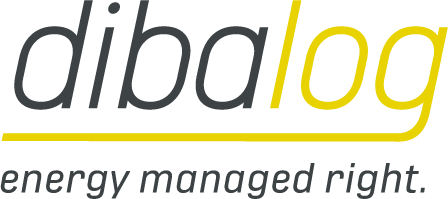How intelligent demand management relieves the power grid
Introduction to demand management
Intelligent control for a stable energy infrastructure
demand management is a key instrument of the modern energy industry. The aim is to control energy consumption in a targeted manner and shift it to times of lower demand. By avoiding peak demand, the power grid is relieved, grid stability is increased and energy use is made more efficient at the same time.
Intelligent demand management goes beyond manual control: it continuously analyzes the current grid situation, takes into account the availability of renewable energies and optimally coordinates all energy flows. Modern algorithms ensure that electricity consumption is flexibly adapted to the respective conditions - precisely and with foresight.
Companies benefit twice over: they not only reduce their energy costs, but also make an active contribution to security of supply and the decarbonization of the energy system.
Why a heavily loaded electricity grid is problematic
High grid loads jeopardize safety, economic efficiency and environmental goals
An overloaded electricity grid entails serious risks. If the load limit is exceeded, power outages threaten to affect companies and private households alike. The economic damage of such outages can be considerable - production downtimes, data loss and interrupted supply chains are the result.
The technical infrastructure also suffers: Overheated lines and overloaded transformers increase the risk of damage and cost-intensive repairs. Added to this are voltage fluctuations, which endanger particularly sensitive electronic devices.
The integration of renewable energies is made even more difficult by grid overloads. Solar and wind energy are not continuously available and require a high degree of grid flexibility - which is often lacking in overloaded structures.
The consequences of an overloaded electricity grid:
Increase in power outages
Damage to lines and substations
Disruptions in the operation of sensitive systems
Inhibitions in the use of renewable energies
Efficient demand management is therefore essential in order to guarantee stability and security of supply in the long term.
Fundamental principles of load management
Flexible, forward-looking and grid-friendly - the five pillars of load optimization
Effective demand management is based on clearly defined principles:
Load shifting: Electricity consumption is shifted to off-peak times. This reduces the grid load at peak times and enables lower electricity procurement costs.
Load reduction: Consumers specifically reduce their energy consumption in critical phases - through efficiency measures or temporary power adjustments.
Load forecasting: Based on historical and current consumption data, future grid loads can be precisely predicted and measures can be initiated at an early stage.
Decentralized energy generation: The integration of PV systems, CHP or wind power reduces grid utilization and strengthens regional supply solutions.
Demand response: Flexible consumers actively respond to grid signals - e.g. through automated control systems or incentives such as variable electricity tariffs.
These principles are the basis for a stable, flexible and sustainable energy system - for both grid operators and electricity-intensive companies.
Advantages of intelligent load management
More efficiency, lower costs and a contribution to the energy transition
The introduction of intelligent load management systems offers numerous advantages:
Reduction of power outages: Load peaks are smoothed out, overloads are avoided and security of supply is improved.
Cost savings: Targeted control reduces grid charges, consumption costs are reduced and investments in additional grid capacity are avoided.
Enabling the energy transition: Flexibility in consumption facilitates the integration of fluctuating renewable energies and improves their economic efficiency.
Stable grid frequency: Consistent consumption stabilizes the grid voltage and protects technical systems.
Reduction of CO₂ emissions: Less fossil reserve capacity means fewer emissions - a direct contribution to climate protection.
High responsiveness: Systems adapt dynamically to fluctuations in consumption and grid conditions.
Intelligent demand management is therefore more than just a technical tool - it is a decisive lever for energy efficiency, security of supply and sustainability.
Conclusion: Why intelligent demand management is indispensable
A central element of a sustainable energy supply
Intelligent demand management is no longer an optional extra - it is a strategic success factor for a stable, economical and sustainable energy supply. Companies that invest in modern load control today secure competitive advantages and at the same time make a contribution to the energy transition.
Thanks to modern technologies such as artificial intelligence, energy storage and flexible control systems, energy consumption can be analyzed and adjusted in real time. This protects the grid, reduces costs and makes companies resilient to energy crises and price fluctuations.
The future of energy lies in flexibility and networking. Intelligent demand management brings both together - and makes your company fit for the challenges of tomorrow.

